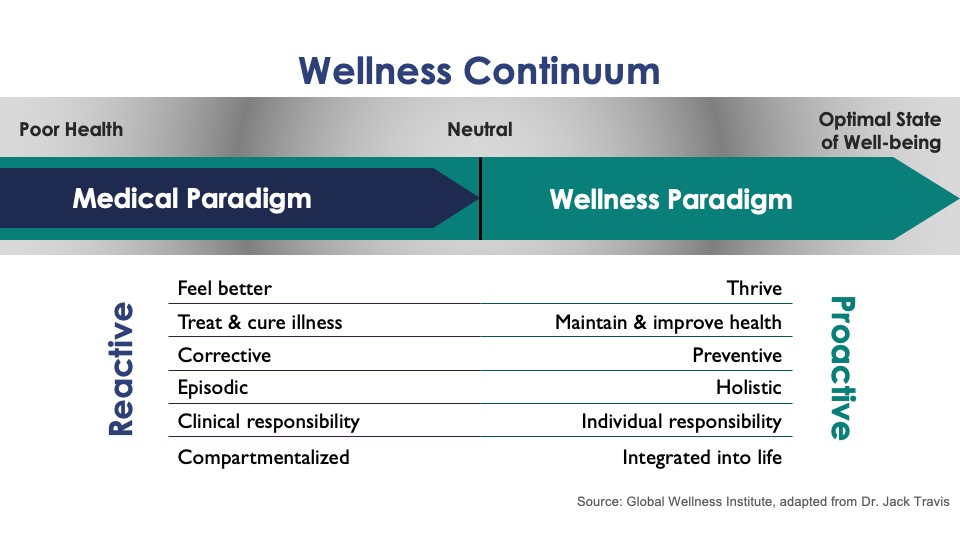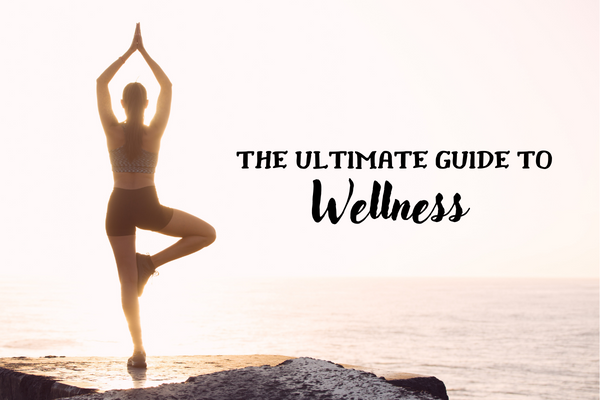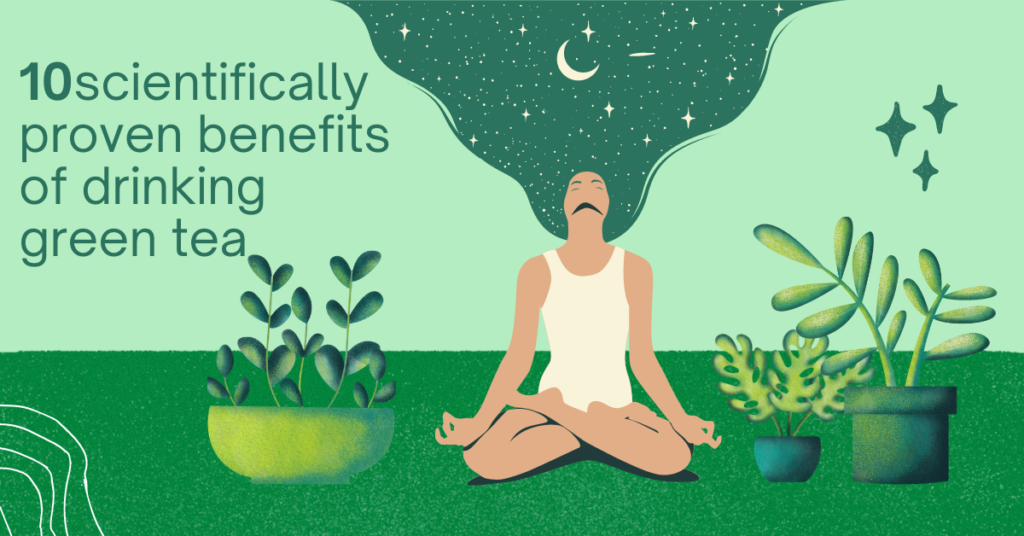The term “wellness” can be confusing sometimes. It refers to a state of being healthy in both body and mind. There are seven areas of wellness, and learning about them can help you live a happier and healthier life. Let’s dive into these seven areas of wellness together.
What Is Considered Wellness?
Wellness is a concept that refers to the state of being healthy in mind and body. It encompasses a holistic approach to health that focuses on achieving optimal well-being through the integration of different dimensions of one’s life. Wellness is more than just the absence of illness or disease; it is a state of positive physical, mental, and emotional health.
Wellness is a dynamic process that involves continuous self-improvement, self-awareness, and self-care. It is a journey that requires a person to take responsibility for their health and make choices that promote their well-being. This includes adopting healthy lifestyle habits, such as regular exercise, a balanced diet, adequate sleep, stress management, and avoiding harmful behaviors like smoking or excessive drinking.
Wellness is not just about physical health but also encompasses mental and emotional well-being. It involves maintaining positive relationships, having a positive self-image, and being able to manage stress and cope with life’s challenges in a healthy way. Spiritual wellness is also an important aspect of overall wellness, which involves finding a sense of purpose and meaning in life.
Overall, wellness is a state of optimal health and well-being that involves the integration of different dimensions of one’s life. It is a journey that requires a commitment to self-improvement, self-awareness, and self-care.

Physical Wellness: Taking Care of Your Body
Physical wellness is about taking care of your body. This includes eating healthy foods, getting enough exercise and rest, and practicing good hygiene. Eating healthy foods like fruits and vegetables will give your body the nutrients it needs to be strong and healthy. Exercise helps your body stay strong and can help you sleep better at night. Practicing good hygiene, like brushing your teeth and washing your hands, can prevent you from getting sick.
Emotional Wellness: Understanding Your Feelings
Emotional wellness is about taking care of your feelings and emotions. It’s important to understand and express your feelings in a healthy way. This means talking to someone you trust, like a parent or teacher, when you’re feeling sad or upset. Building positive relationships with family and friends is also important for emotional wellness.
Intellectual Wellness: Using Your Brain
Intellectual wellness means using your brain to learn and grow. This involves trying new things, thinking creatively, and pursuing your interests. Reading books, solving puzzles, and playing games can help you use your brain and learn new things.
Social Wellness: Building Positive Relationships
Social wellness is about building positive relationships with others. Spending time with family and friends, making new connections, and being part of a community can help you feel happy and supported.
Environmental Wellness: Taking Care of the World Around You
Environmental wellness means taking care of the world around you. This includes taking care of our natural environment, being mindful of our use of resources, and being aware of how our actions impact the world around us. Picking up litter and recycling are ways to take care of the environment.
Spiritual Wellness: Finding Meaning and Purpose
Spiritual wellness involves finding meaning and purpose in life. This includes practicing gratitude, meditation, and other spiritual practices that help you connect with yourself and something larger than yourself.
Occupational Wellness: Finding Fulfillment in Your Work
Occupational wellness involves finding fulfillment in your work or career. This means pursuing a job that aligns with your values and interests and feeling fulfilled and happy in your job.

Which of these 7 areas are the most important and why?
All seven areas of wellness are important because they work together to create a balanced and healthy life. Neglecting any one area can have a negative impact on your overall well-being. Each area of wellness is unique and contributes to your overall health in different ways.
Physical wellness is important because it’s the foundation of good health. It enables us to take care of our bodies and engage in daily activities. Without physical wellness, we may experience health problems that can impact other areas of our lives.
Emotional wellness is important because it affects our mental health, self-esteem, and relationships with others. When we are emotionally well, we can manage stress and cope with difficult situations in a healthy way.
Intellectual wellness is important because it helps us to grow and learn. When we engage in activities that stimulate our minds, we can increase our knowledge and skills, which can enhance our quality of life.
Social wellness is important because it helps us to form positive relationships with others. Social connections can provide emotional support and help us to feel a sense of belonging.
Environmental wellness is important because it encourages us to be mindful of our impact on the world around us. When we take care of the environment, we can create a healthier world for ourselves and future generations.
Spiritual wellness is important because it can provide a sense of purpose and meaning in life. When we engage in spiritual practices, we can connect with ourselves and with something larger than ourselves.
Occupational wellness is important because it allows us to find fulfillment in our work. When we pursue a career that aligns with our interests and values, we can feel a sense of satisfaction and purpose in our lives.
Each area of wellness is important and contributes to our overall well-being. Focusing on each of these areas can help us create a balanced and healthy life.



